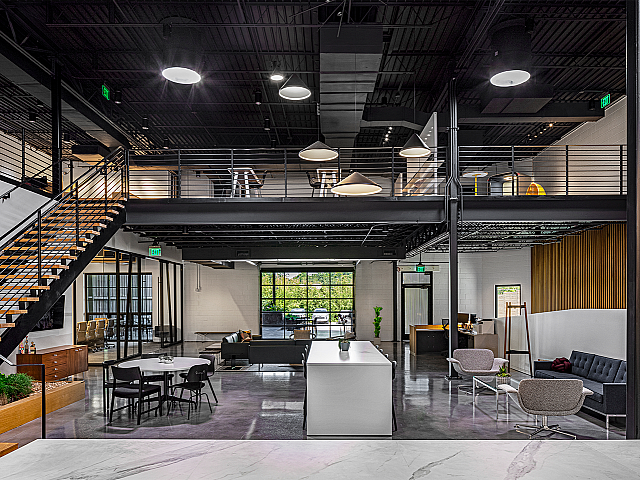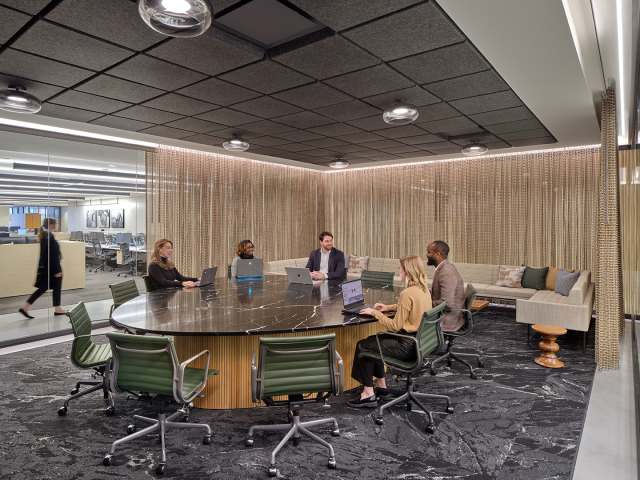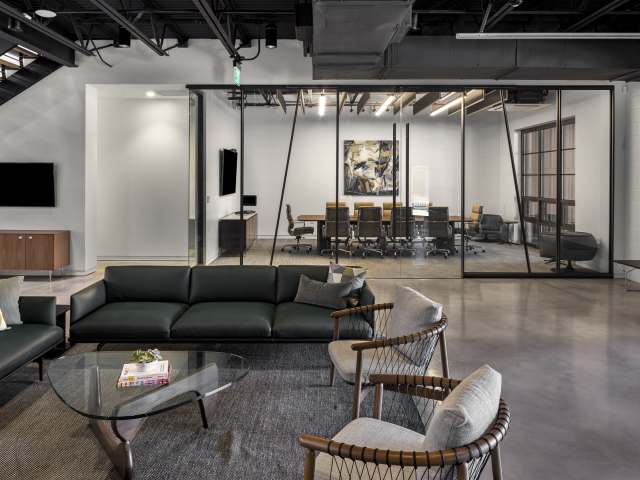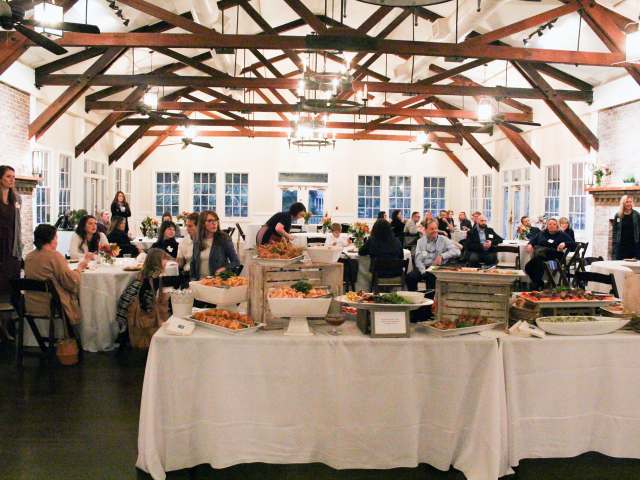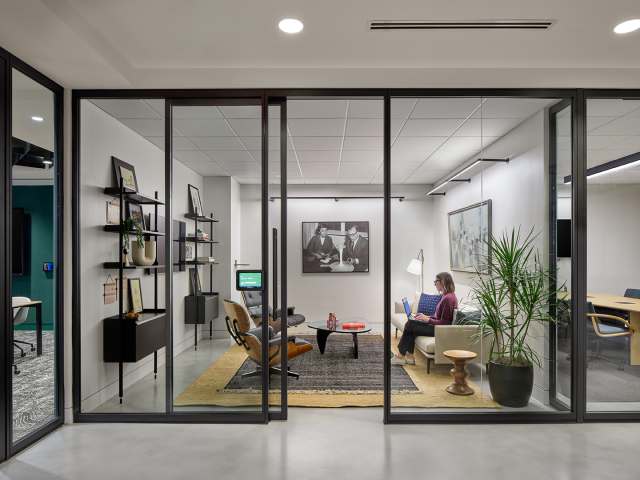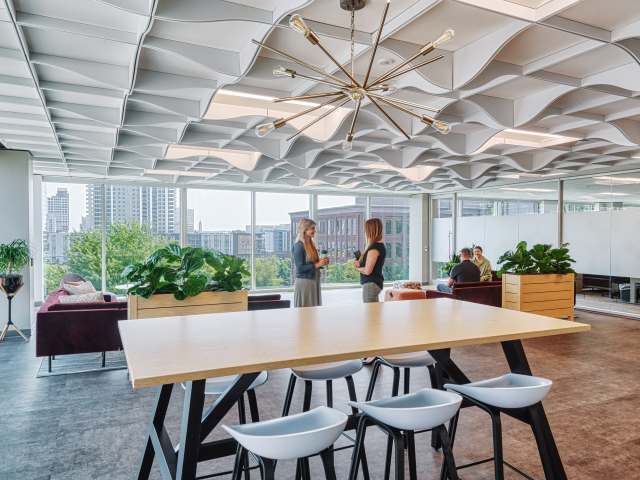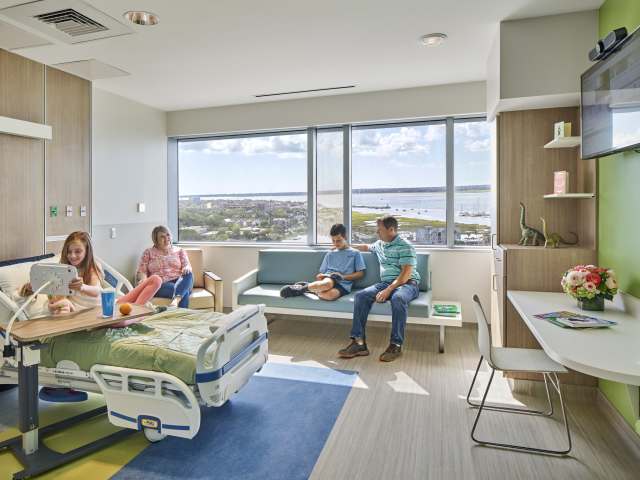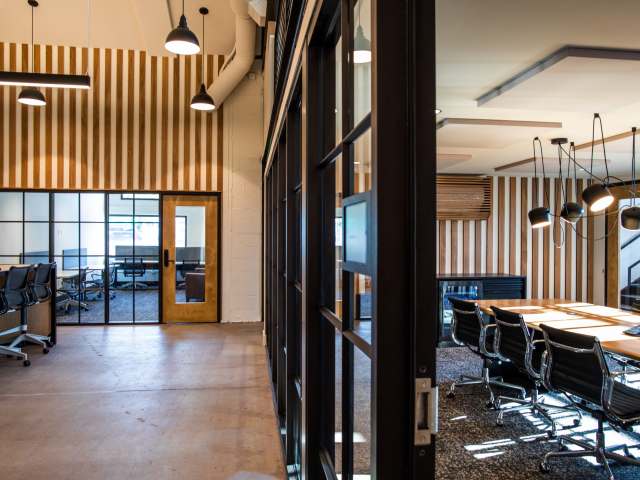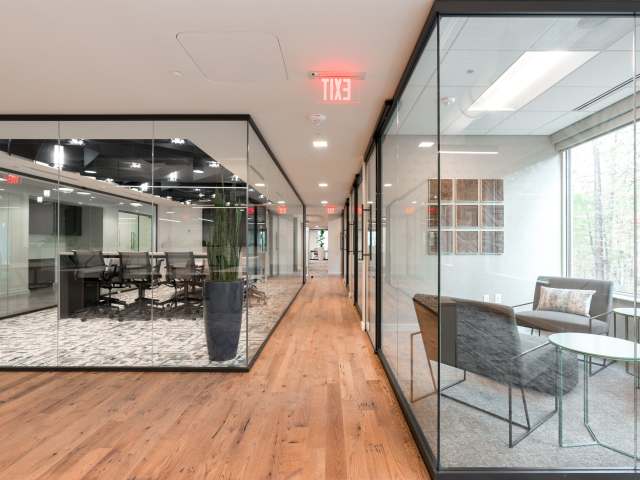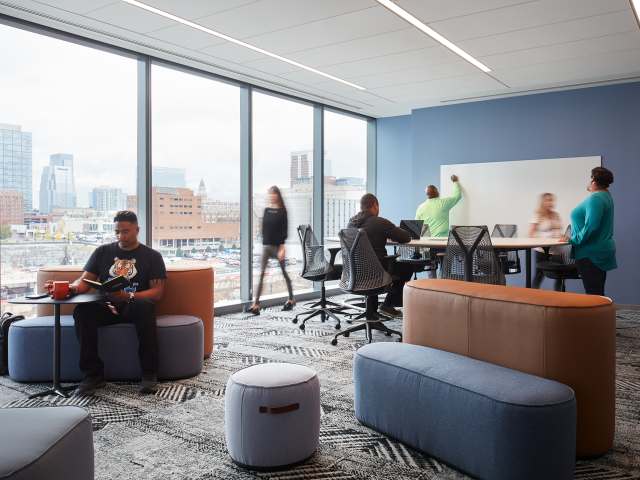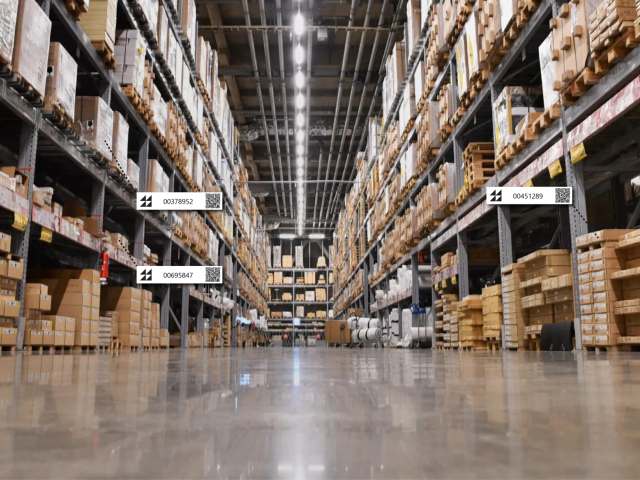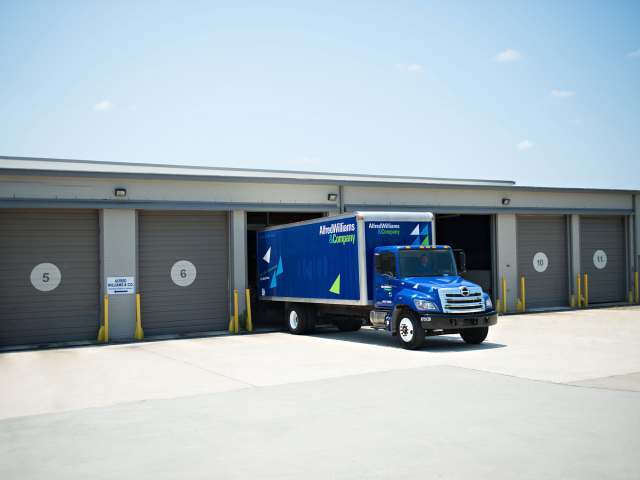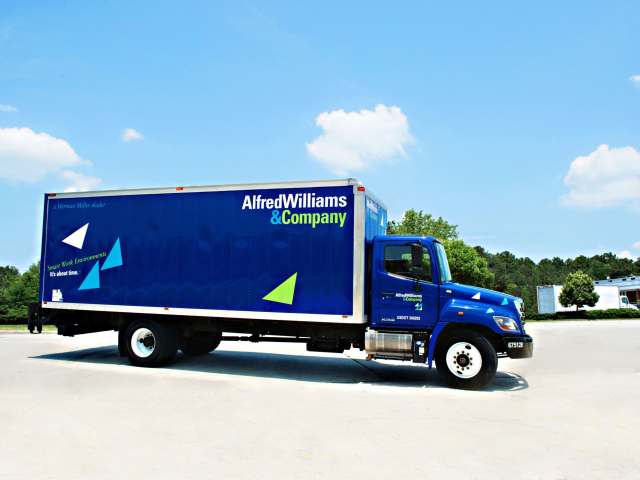Building Healthy Teams by Fostering Diversity, Authenticity & Respect
The importance of cultivating an environment that not only acknowledges but also celebrates differences, encourages authenticity, and values each individual's unique journey is now more vital than ever.

Sign up to get these in your inbox each month!
From our conversation with Michael Patrick Davidson, writer, director, and producer of the documentary Hope, Humanity, and the Workplace, on WorkPoints, season 1, episode 4.
In the contemporary corporate landscape, a dynamic and diverse workplace takes center stage. The importance of cultivating an environment that not only acknowledges but also celebrates differences, encourages authenticity, and values each individual's unique journey is now more vital than ever. As organizations actively pursue the creation of workspaces that foster a sense of belonging and enable every employee to thrive, the role of a leader becomes pivotal in transforming these aspirations into reality.
Embracing Diversity in Action
The foundation of a thriving workplace is laid upon the bedrock of diversity. Recognizing that team members may come from varied backgrounds, possess different perspectives, and approach information in distinct ways, leaders need to actively engage with their people. Beyond the superficial celebration of diversity, it is essential to create an inclusive atmosphere where everyone feels they belong. This involves spending regular one-on-one time with team members, allowing leaders to understand their unique experiences and challenges.

The Leader as a Referee
In the metaphorical game of the workplace, the leader assumes the role of a referee. During meetings, whether virtual or in person, a leader must be attuned to the nuances of communication. Identifying those who may not have had a chance to voice their opinions and addressing potential issues like bullying or fear are crucial responsibilities. A leader's interventions should be timely, respectful, and firm, ensuring that every team member gets a fair chance to contribute.
Authentic Leadership in the Eyes of the New Generation
The emerging Generation Z workforce seeks leaders who embody authenticity. They demand leaders who not only articulate their values but also live them. With access to social media platforms and online forums, this generation can easily scrutinize leaders and organizations. The call for authentic leadership emphasizes the importance of leaders being present, supportive, and actively involved in the day-to-day experiences of their teams.
Workplace as a Catalyst for Hope
A workplace, when managed correctly, becomes a catalyst for positive change. It has the potential to fuel hope for individuals, foster a sense of community, and redefine the built environment to align with the needs and aspirations of its people. If a workplace falls short in promoting diversity or fails to recognize and reward merit, leaders must be willing to reevaluate and reshape the organizational culture.

Beyond the Built Environment
The definition of the workplace extends beyond the physical space. While a well-designed and comfortable environment is important, it is equally crucial for individuals to feel respected and valued within those four walls. The workplace needs a soul, an intangible quality that goes beyond aesthetics and encompasses the way individuals are treated, the values upheld, and the respect shared among colleagues.
In essence, creating a workplace with soul requires leaders to actively champion diversity, authenticity, and respect. It involves going beyond rhetoric and embodying the values and mission of the organization. As workplaces continue to evolve, leaders must play a central role in ensuring that every individual, irrespective of their background, finds a place where they can not only work but thrive with a sense of purpose and belonging.

